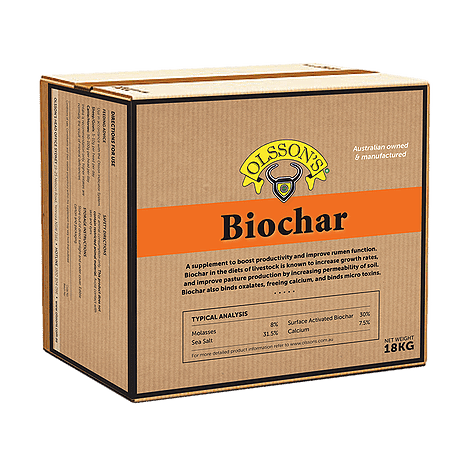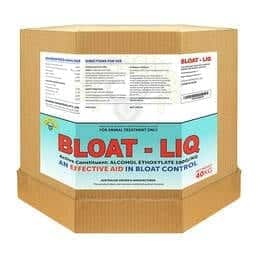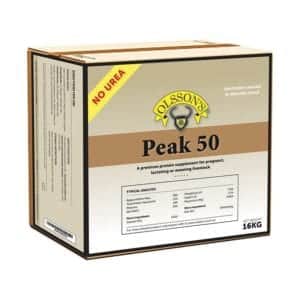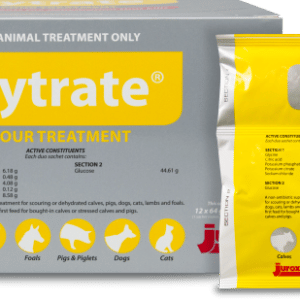Description
What is Biochar?
Any organic matter (e.g. wood, manure or plant matter) that is heated in a closed container with little or no available air, to 400 – 500 degrees Celsius.
Biochar is found in soils around the world as a result of vegetation fires and historic soil management practices. Intensive study of biochar-rich dark earths in the Amazon (terra preta), has led to a wider appreciation of biochar’s unique properties as a soil enhancer.
The Benefits of Biochar on Cattle Production
Generally improved health and appearance
• Improved vitality
• Improved udder health
• Decreased cell counts in the milk (interrupting the administration of biochar leads to higher cell counts and a drop in performance)
• Minimisation of hoof problems
• Stabilisation of postpartum health
• Reduced diarrhoea within 1-2 days, faeces subsequently generally more solid
• Decline in the mortality rate
• Increase in milk protein and/or fat
• Combining biochar and sauerkraut brine has proved worthwhile
• Marked improvement of slurry viscosity, with less stirring needed and less scum on the surface
• Slurry not smelling as bad as it used to
• Preliminary tests on the slurry show that adding biochar via the gastrointestinal tract or via direct application
• Increased ammonium nitrogen
• Reduced nitrate and nitrite
The Benefits of Biochar on Soil Health
Increased nutrient retention
• Reduced leaching
• Increased cation exchange capacity
• Improved soil structure
• Improved water holding capacity
• Decreased soil acidity
• Increased microbe count
The Benefits of Biochar on Dung Beetles
Biochar absorbs nutrients from rumen and dung
• Dung beetles carry nutrient rich biochar into the ground
• Biochar stays in soil and doesn’t get broken down
• Beetles bury dung, minimising buffalo fly cycle & parasitic worms






